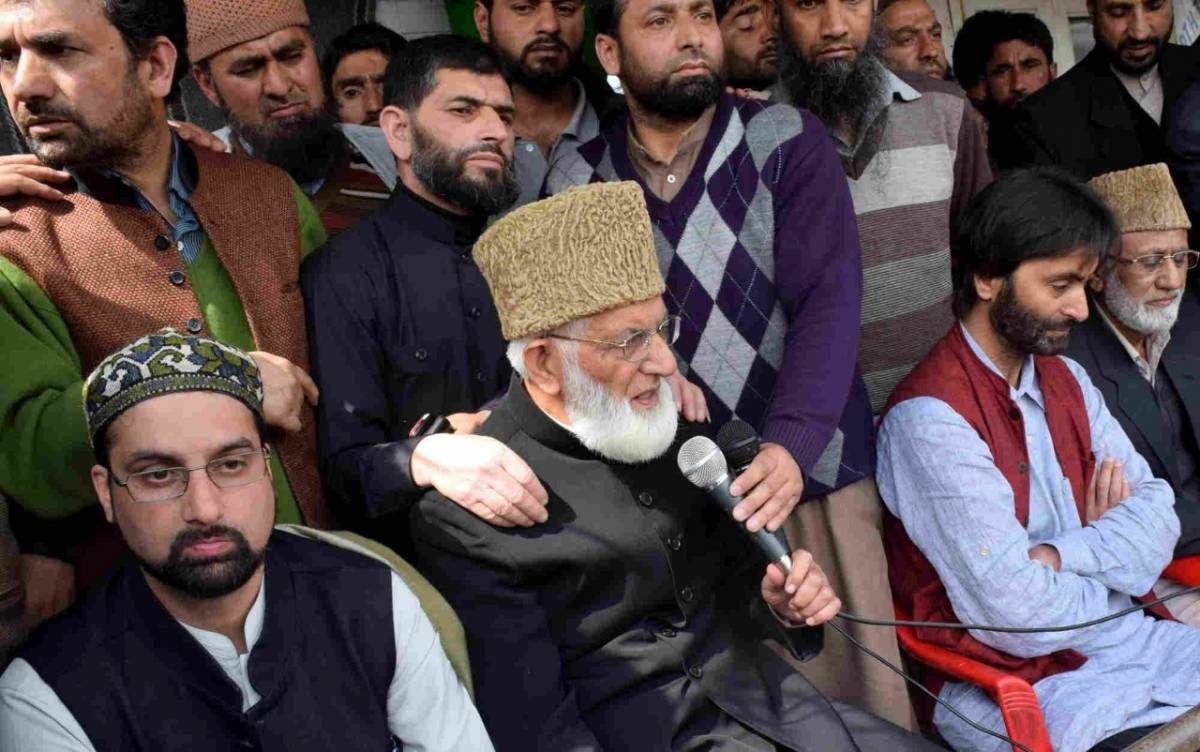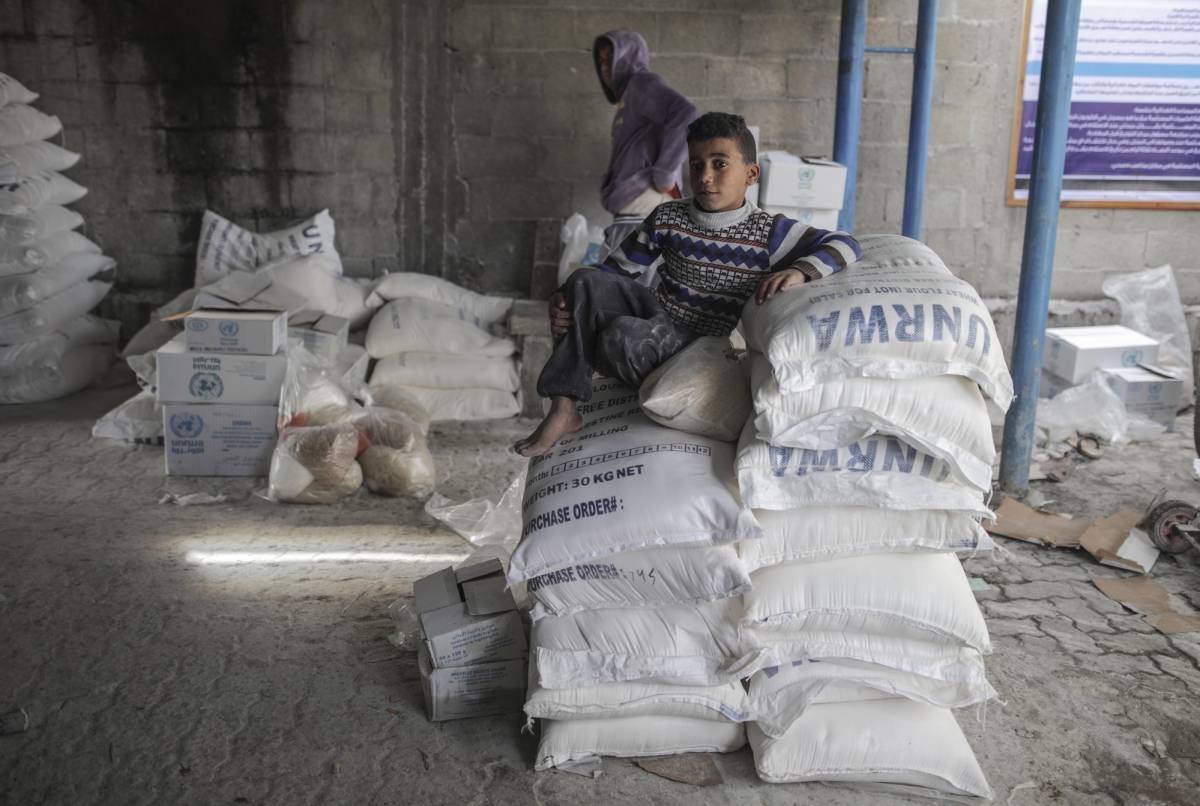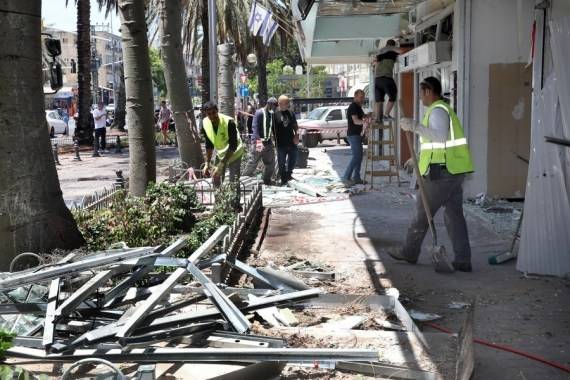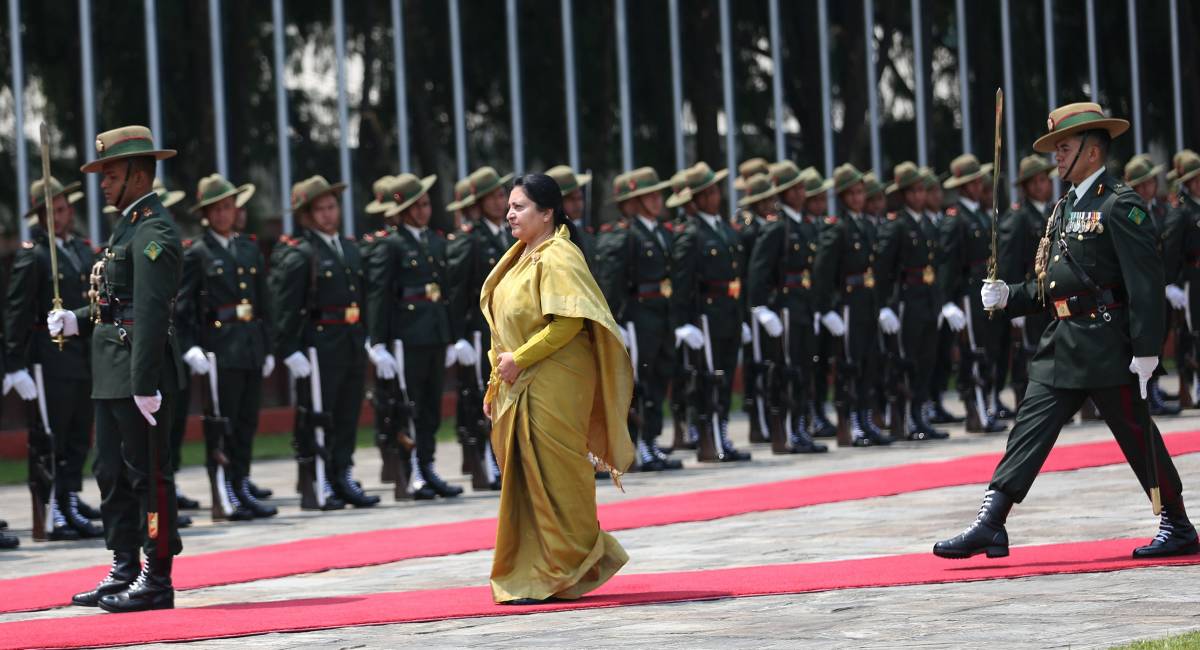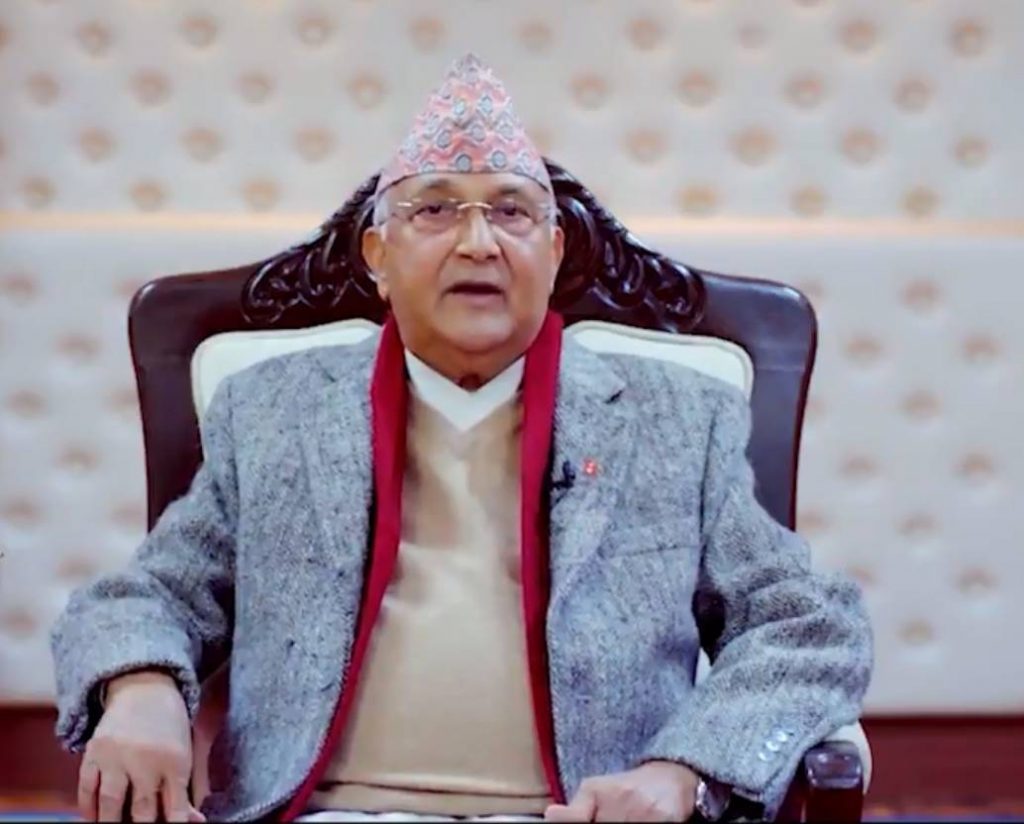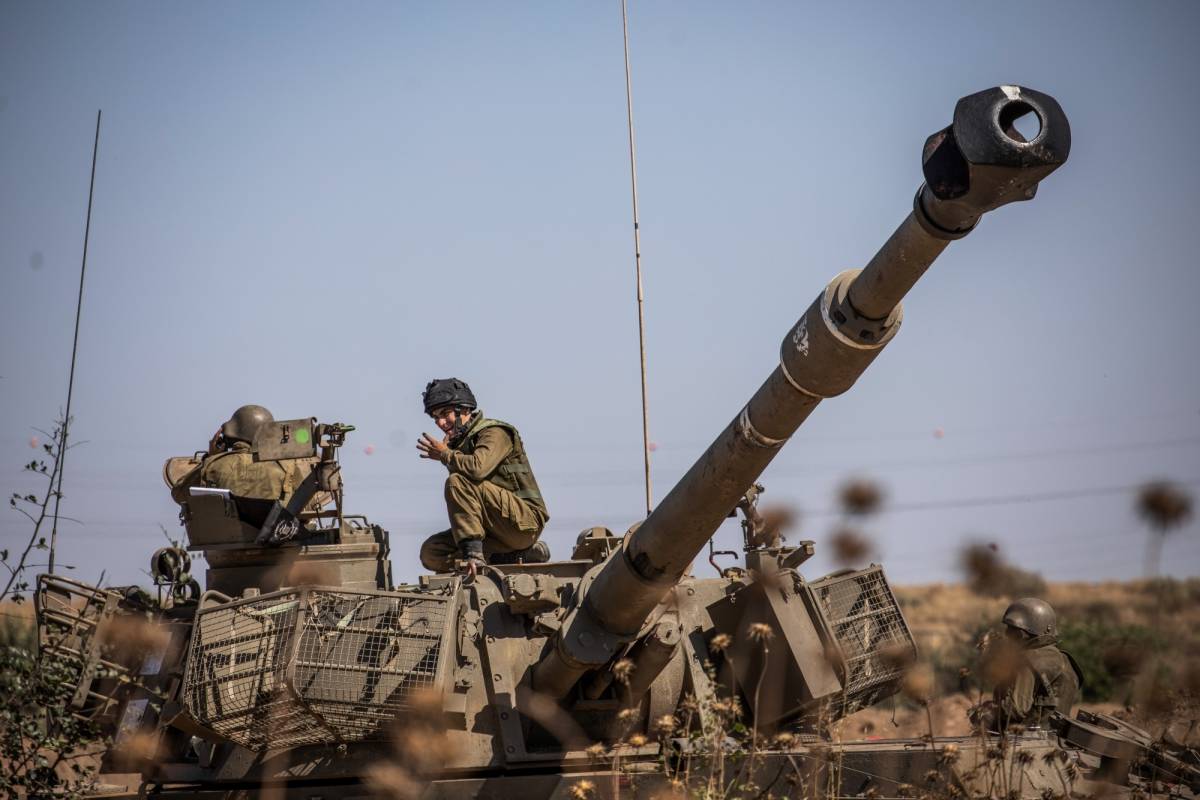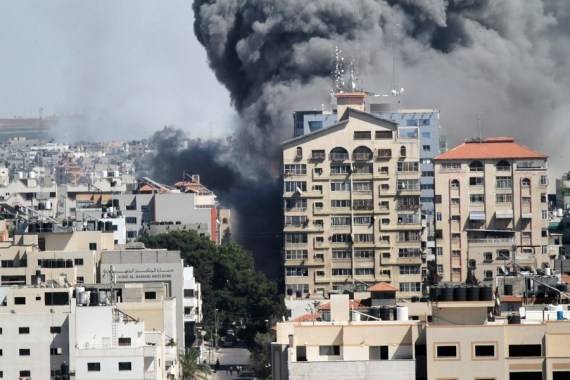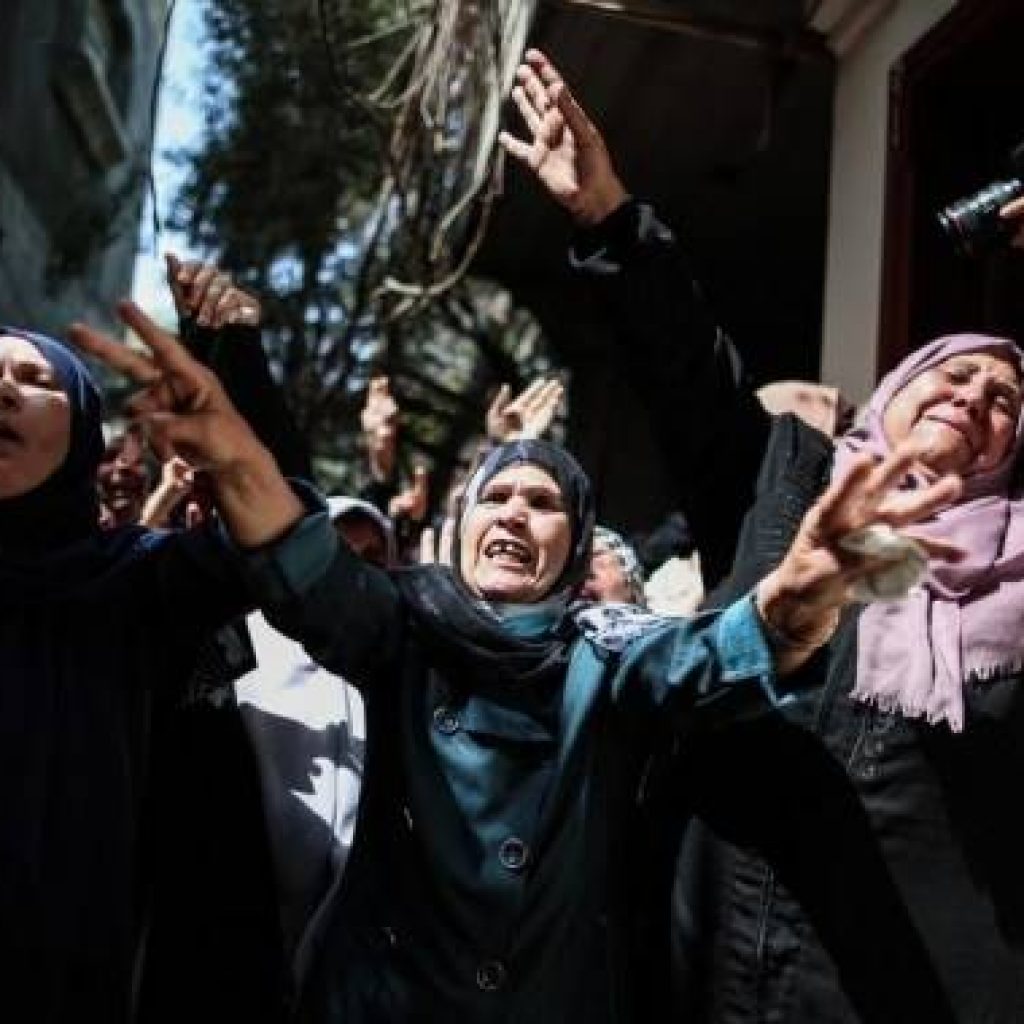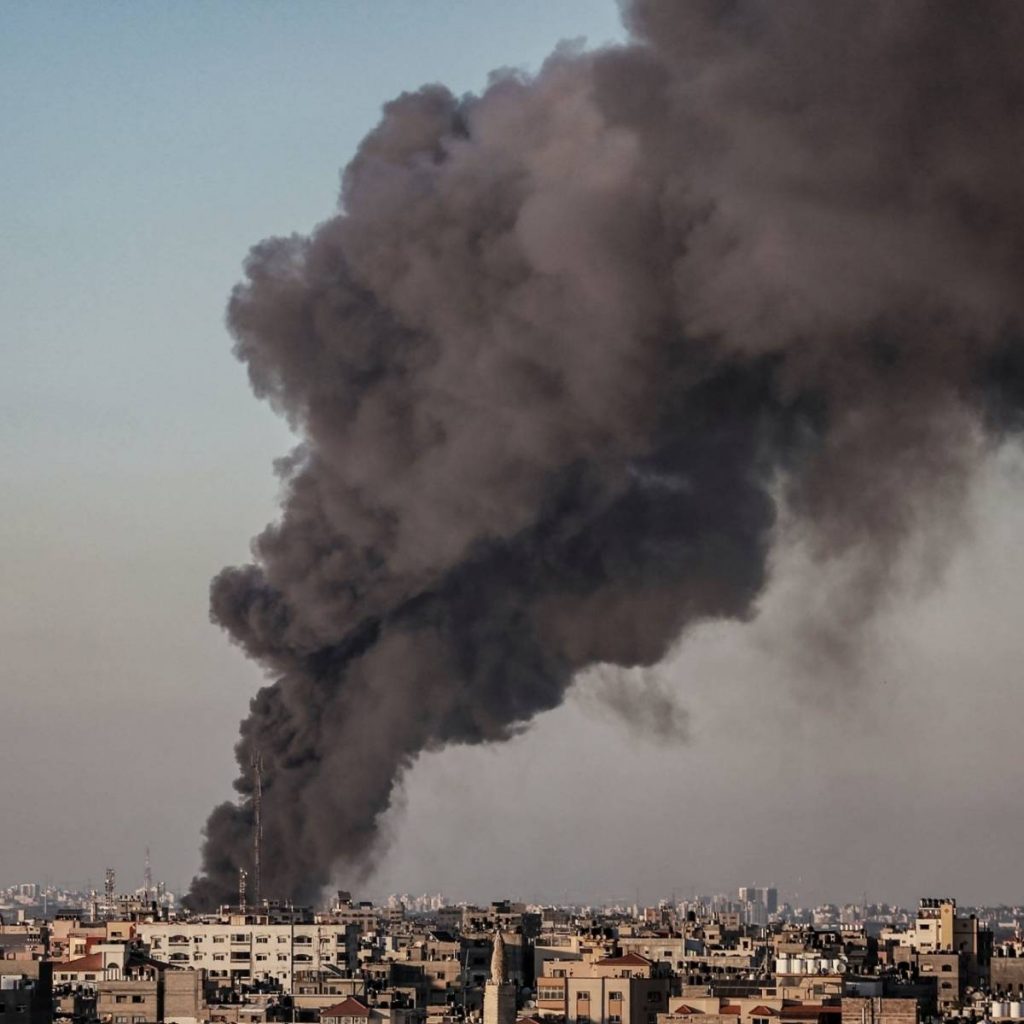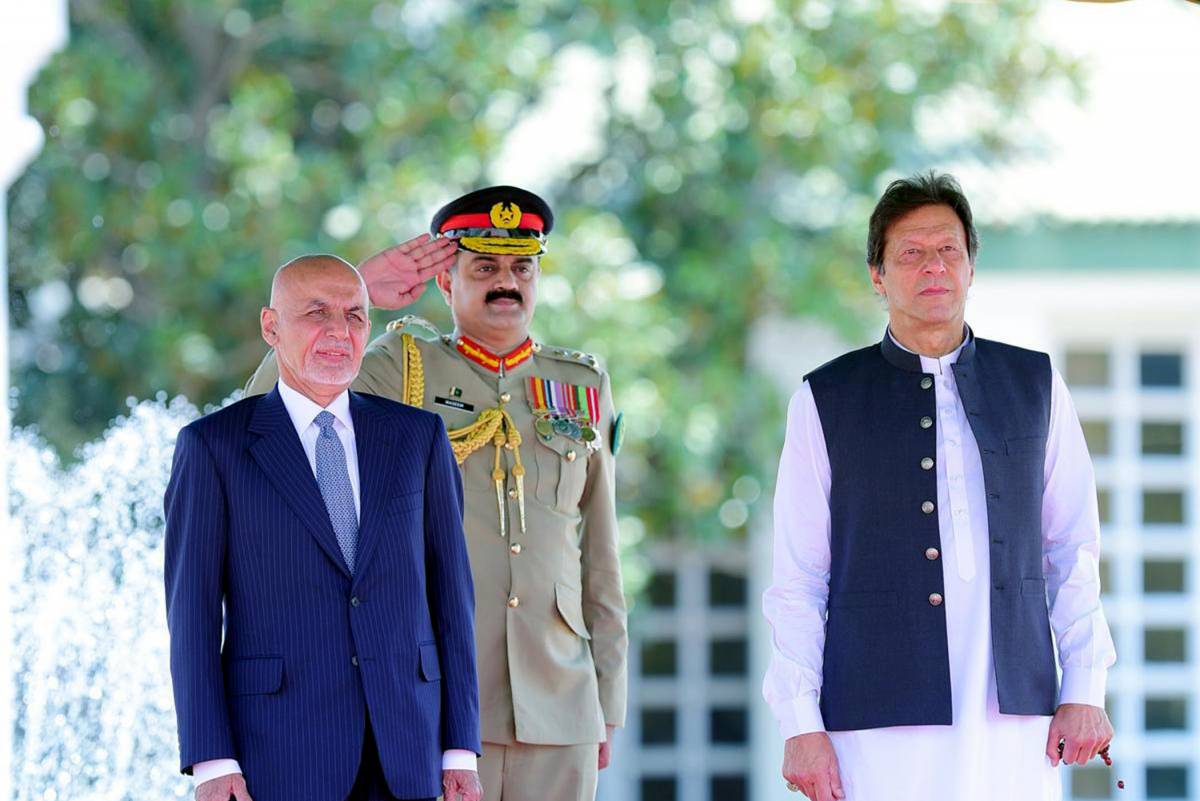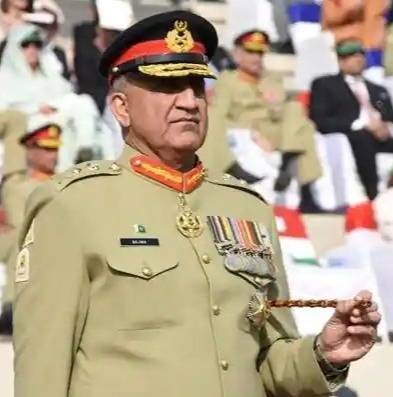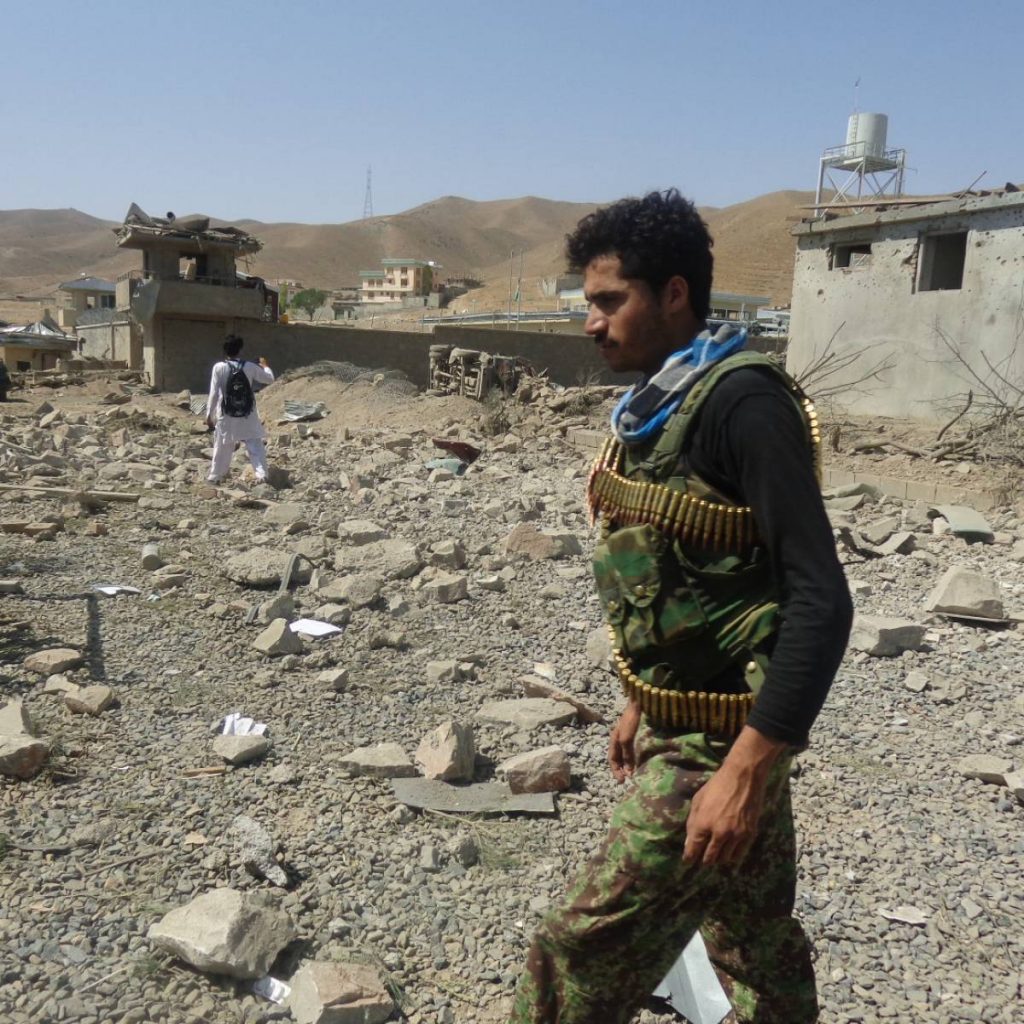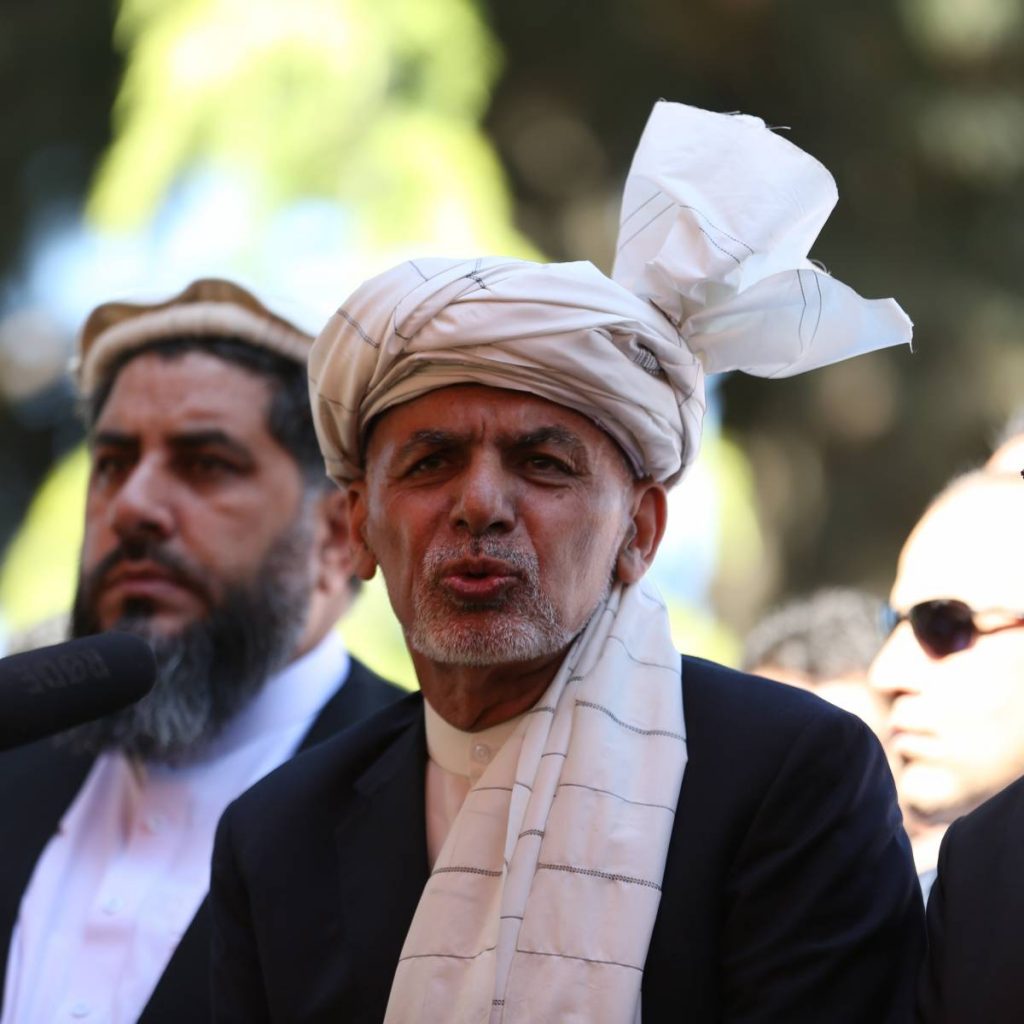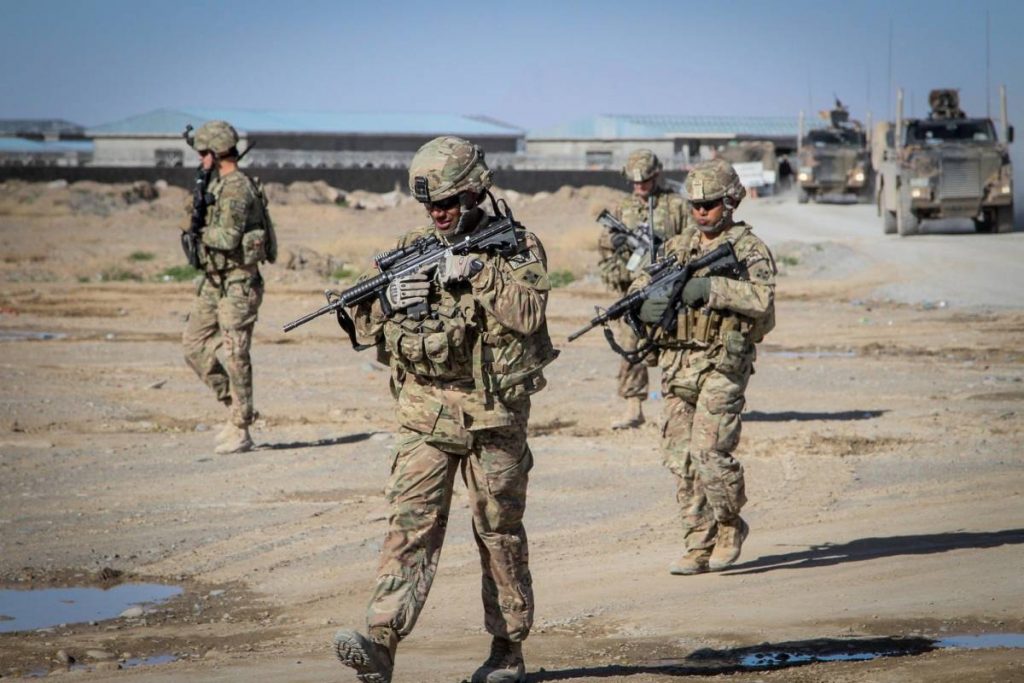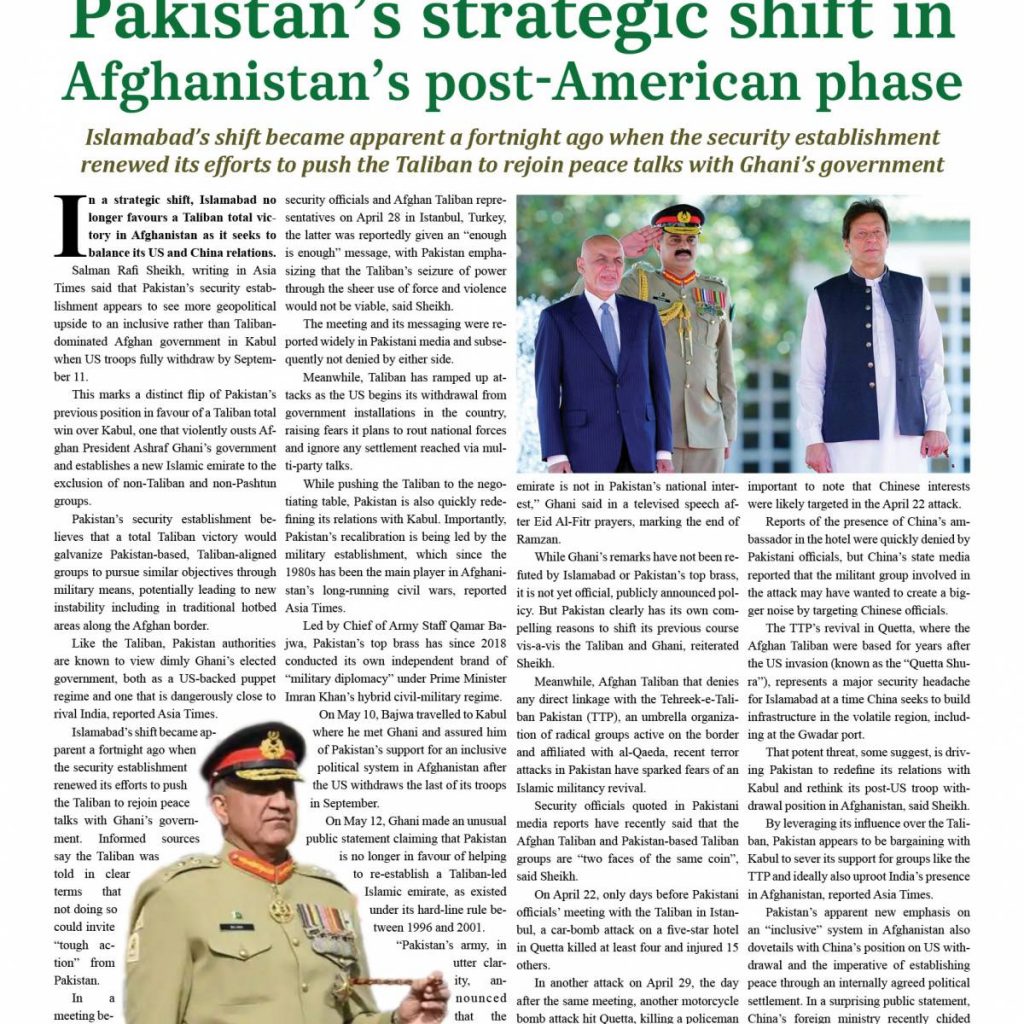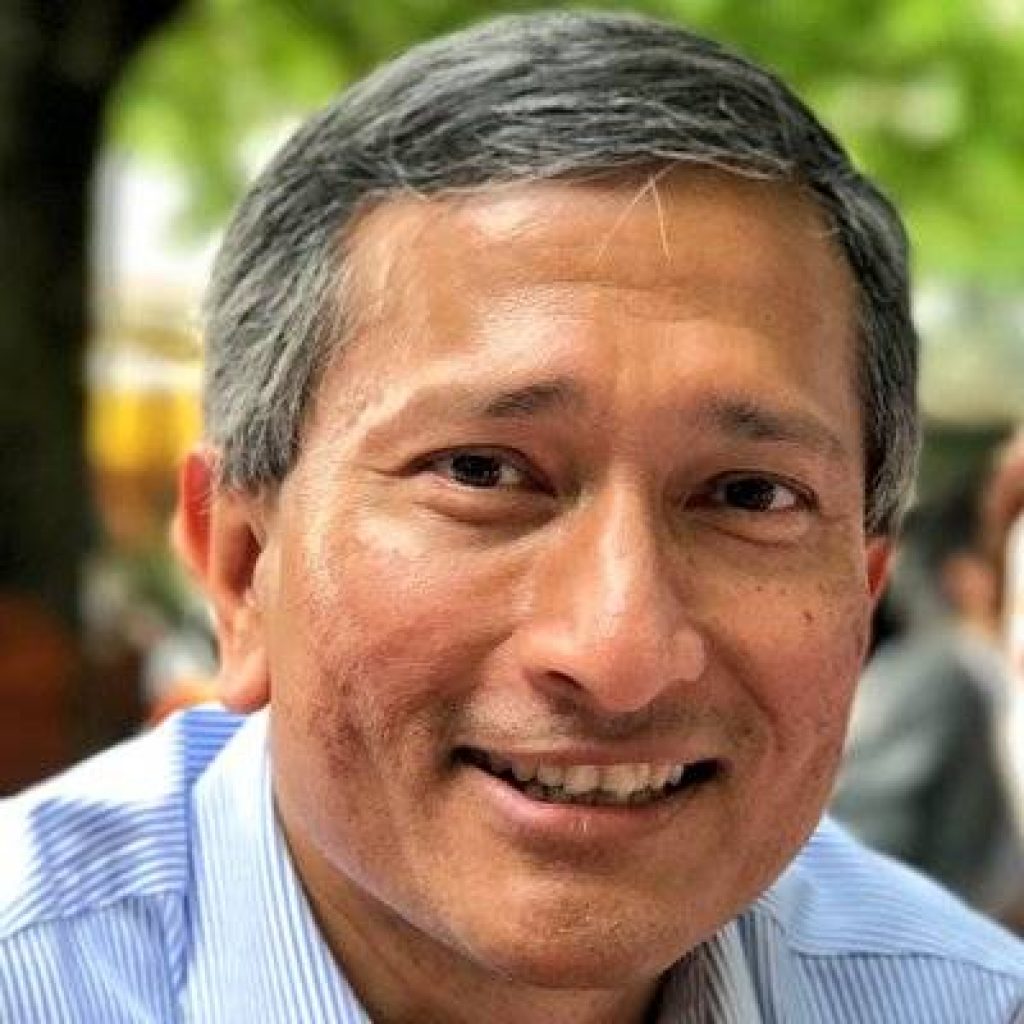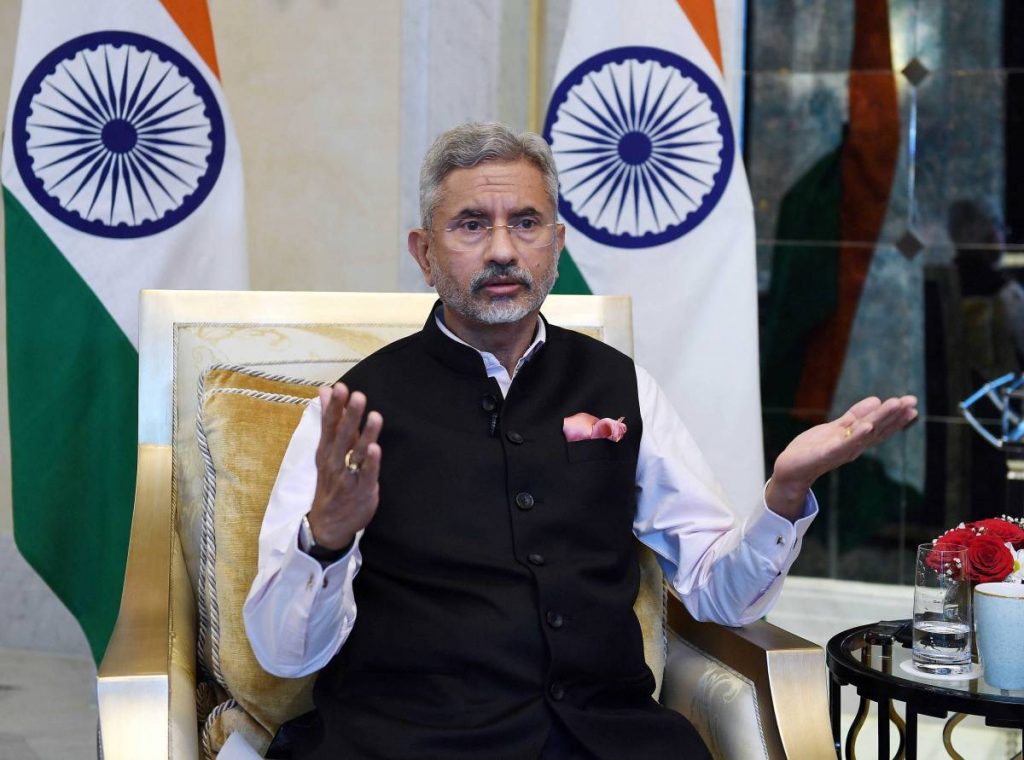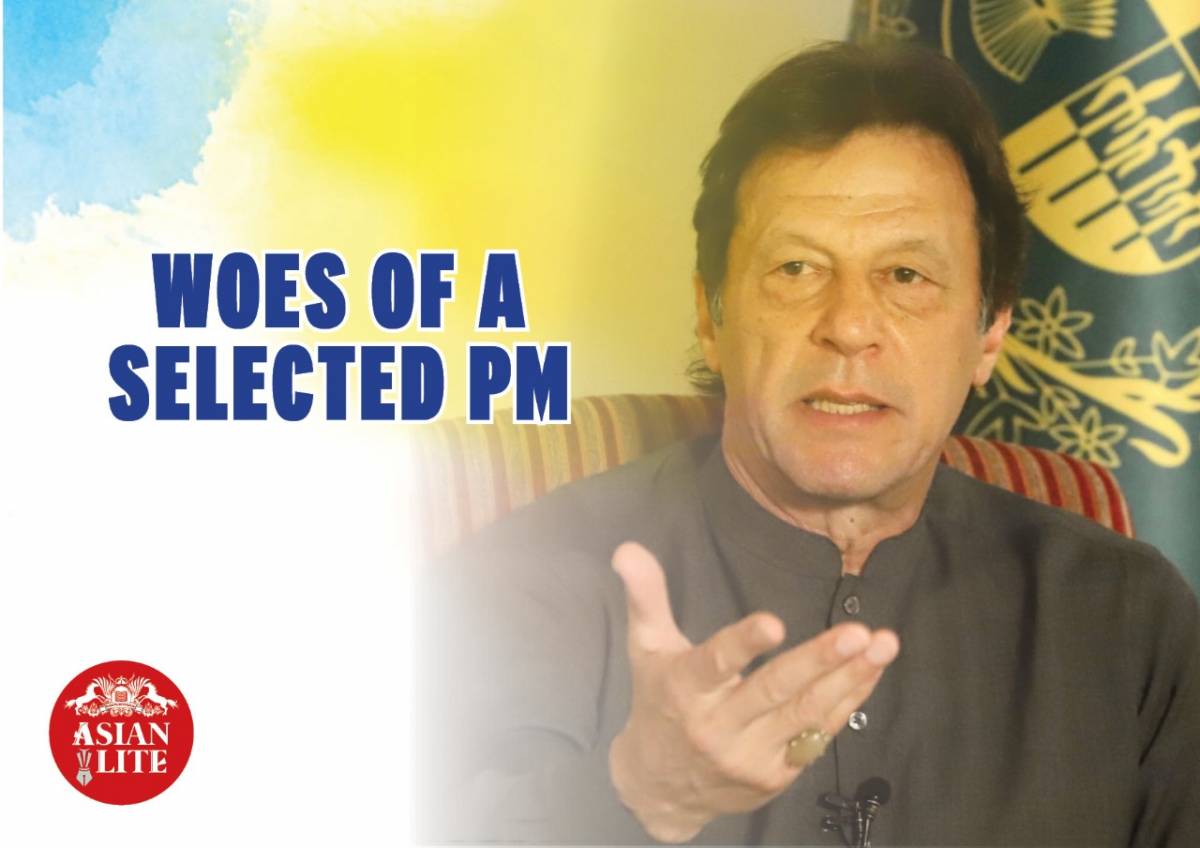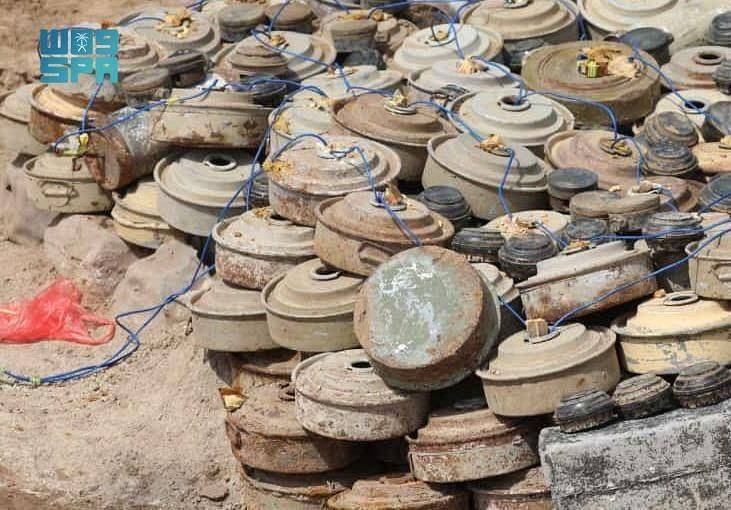Despite an avalanche of negativity promoted in the media, including the social media, many in Pakistan, especially in the powerful military, have concluded that after the abrogation of Article 370 nearly two years ago, it’s game-over in Kashmir, reports Atul Aneja
The Pakistan-based faction of the Hurriyat conference is set to launch a Kashmir-centric campaign to promote a separatist narrative on Kashmir, by falsely pivoting the May 21 gunning down of Mirwaiz Moulvi Farooq and Abdul Ghani Lone as turning points of a Kashmiri secessionist movement.
The cynical use of the two as symbols of separatism is both counter-factual and farcical.
But the Hizbul Mujahideen under instructions from Pakistan’s Inter Services Intelligence (ISI) had to kill both these leaders – Mirwaiz Farooq on this day in1990 and Lone 12 years later, for exactly the opposite reasons. Their target, in the end, was not only the two iconic leaders, but Kashmir’s mainstream ideology. Far from supporting secession, the two tall leaders of Kashmir — Mirwaiz and Lone– were the embodiments of quintessential Kashmiri values – Kashmiriyat, Insaniyat and Jamhuriyat, While Kashmiriyat stood for inclusivity and peaceful co-existence especially with Hindu Kashmir pandits, Insaniyat spotlighted a mindset based on universal human values. Jamhuriyat, in turn, illuminated the path to good governance.
But the Pakistan driven discourse in Kashmir has been exactly the opposite. Its essential ingredient was ethnic cleansing, which led to the tragic exodus of Kashmiri pandits from the valley due to targeted violence. Instead of Jamhuriyat, Pakistan promoted an Islamic theocratic model of “governance”, gender-discrimination on an industrial scale and establishment of a Jihad factory.

Outside Kashmir the ISI had, by the mid-nineties, already perfected its medieval socio-political model in Taliban ruled Afghanistan. From around 1996, Afghanistan became a safe haven for international terror groups, led by Al Qaeda, which demonstrated its psychic inhumanity with the 9/11 attacks on the twin-towers in New York. Stoning to death of Afghan women became a regular public sport. Flogging and amputations of people accused of petty crimes, based on a gross misinterpretation of Shariyat were routine. It is therefore not implausible to conceive that had Pakistan succeeded in its version of “mission Kashmir,” the nefarious shadow of the Hindukush and Global Jihad, along with its unbelievable depravity would have loomed large over the picturesque valley.
The brutal killings of the revered Mirwaiz and Lone, were therefore essential turning points to rail Kashmir along the path of radicalism, where Wahabi and Salafist tradition of Islam would become predominant, torching the unique fusion of Sufi Islam and Hinduism that for centuries had elegantly knitted the social fabric of Kashmir.
But after several false starts, Kashmir is coming back into its own. Despite an avalanche of negativity promoted in the media, including the social media, many in Pakistan, especially in the powerful military, have concluded that after the abrogation of Article 370 nearly two years ago, it’s game- over in Kashmir. The massive turnouts in the Kashmiri panchayat elections, the promise of structural integration of the Union Territories of Jammu and Kashmir and Ladakh through bold connectivity projects of building roads, tunnels and railways demonstrate that Kashmir and the rest of India are set to bond with each other tighter than ever before.
ALSO READ: World Bank grants Pakistan $153mn for Covid fight
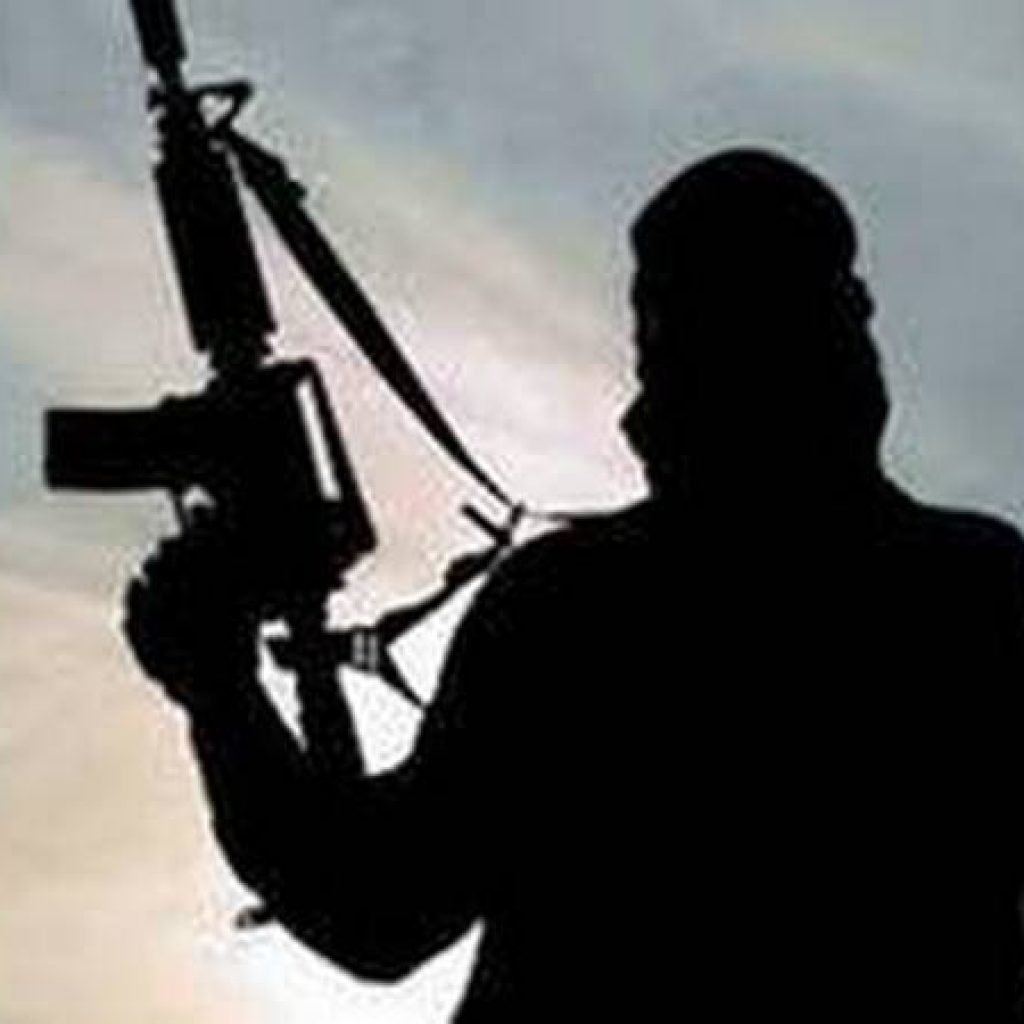
Besides, the sharp drop in street protests, despite the so-called bogey of “state-repression” are blaring signs of a fundamental turnaround in Kashmir, which the big boys in Pakistan fully understand.
Those in the Pakistani wing of the Hurriyat conference, which are planning their stir today, little realise that their messaging of Kashmiri separatism is now anachronistic. It is no longer capable of stirring a critical mass of support among Kashmir’s computer-savvy youth, who see a bright future for themselves not in holding the Kalashnikov but in mass entrepreneurship, start-ups, and access to micro-finance that India, an emerging economy, and not Pakistan, can provide them in abundance.
Unsurprisingly, the real puppeteers of the Hurriyat in the GSQ in Rawalpindi have already read the tea leaves right. Despite the expected flip-flops because of domestic pulls and pressures, the generals in Rawalpindi know that, in the end, only a constructive engagement with India on Kashmir can work for them. International pressures on Pakistan, especially from the rich Petro-monarchies of Gulf countries, and even within the OIC mainstream are bearing powerfully on Islamabad, exhorting it to change track on Kashmir. Despite backtracking later, none other than Pakistan’s hawkish foreign minister Shah Mahmood Qureshi has gone on to acknowledge on public television that Article 370 is India’s internal affair.
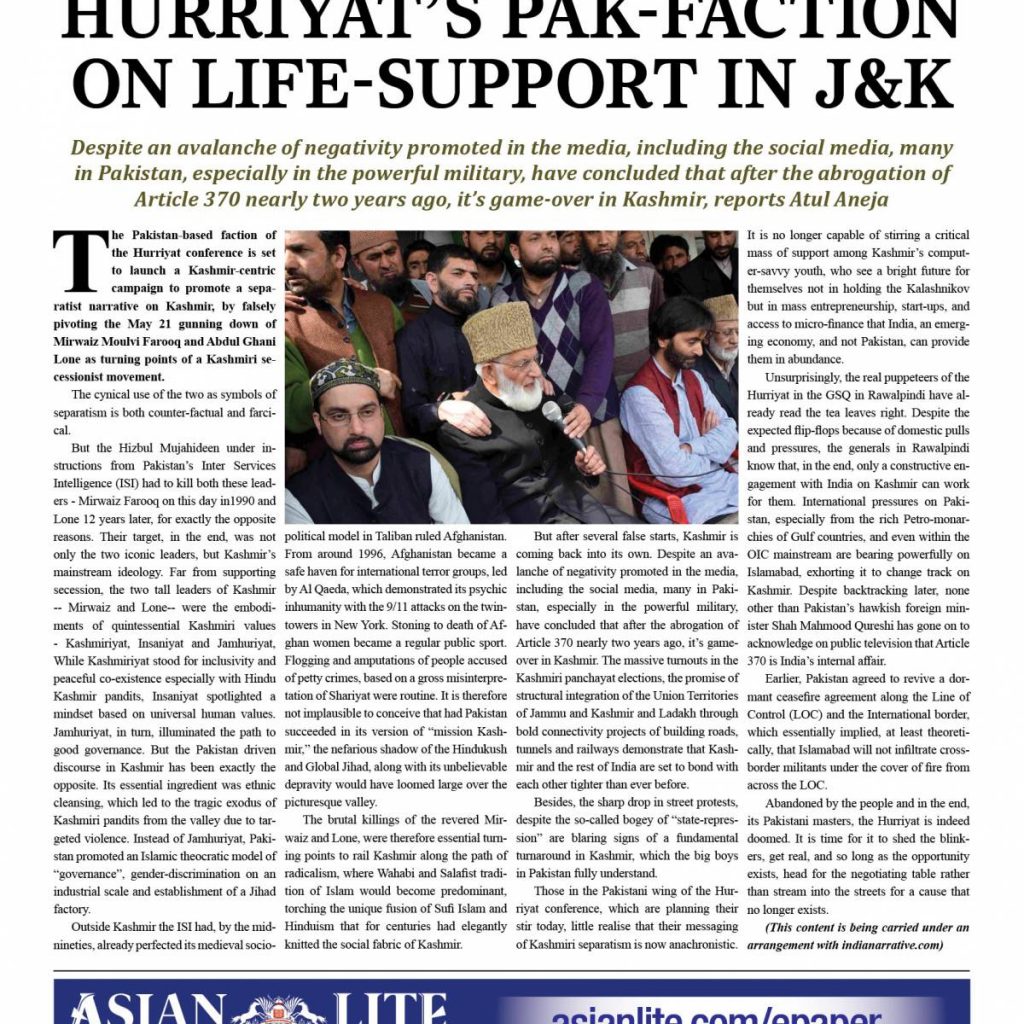
Earlier, Pakistan agreed to revive a dormant ceasefire agreement along the Line of Control (LOC) and the International border, which essentially implied, at least theoretically, that Islamabad will not infiltrate cross-border militants under the cover of fire from across the LOC.
Abandoned by the people and in the end, its Pakistani masters, the Hurriyat is indeed doomed. It is time for it to shed the blinkers, get real, and so long as the opportunity exists, head for the negotiating table rather than stream into the streets for a cause that no longer exists.
(This content is being carried under an arrangement with indianarrative.com)

